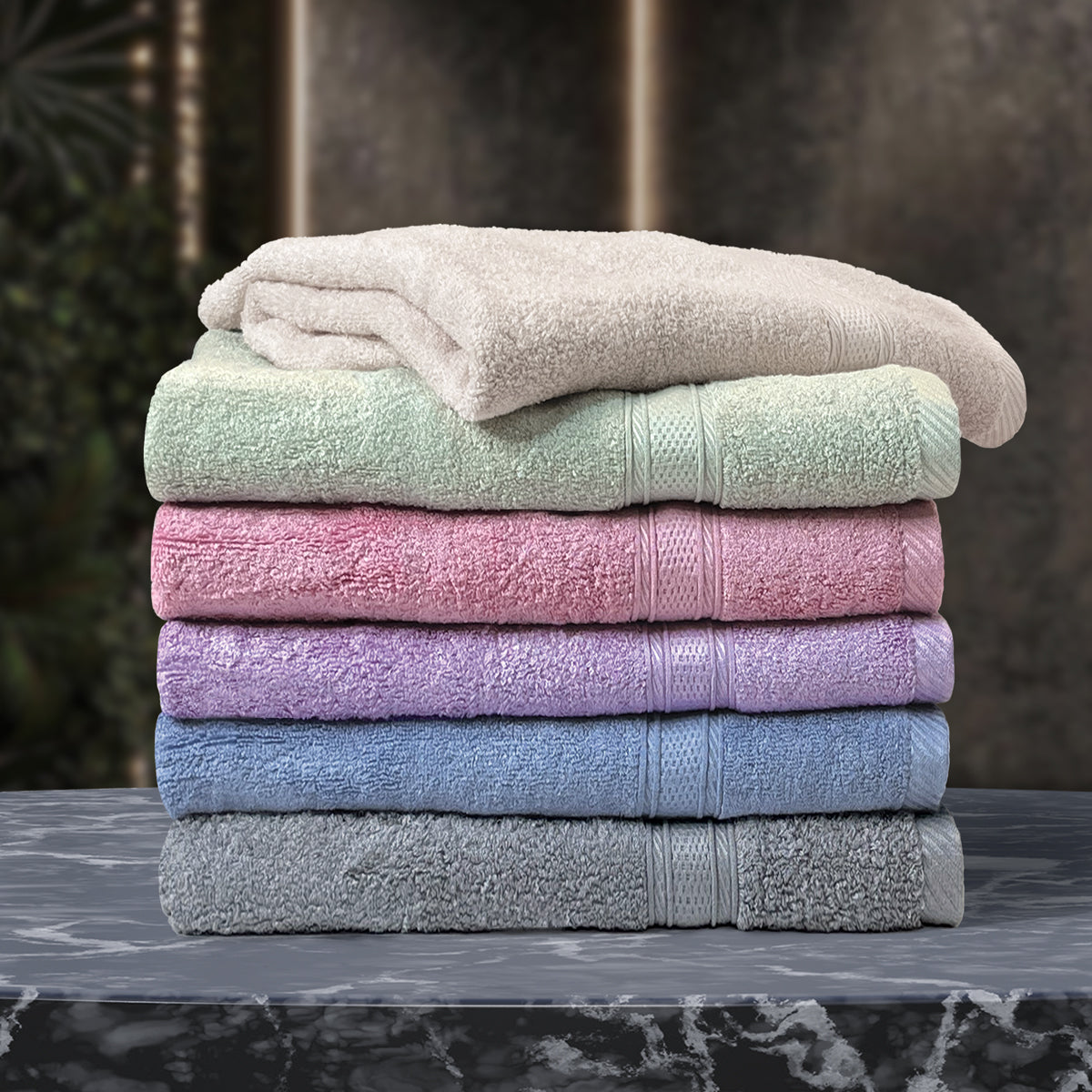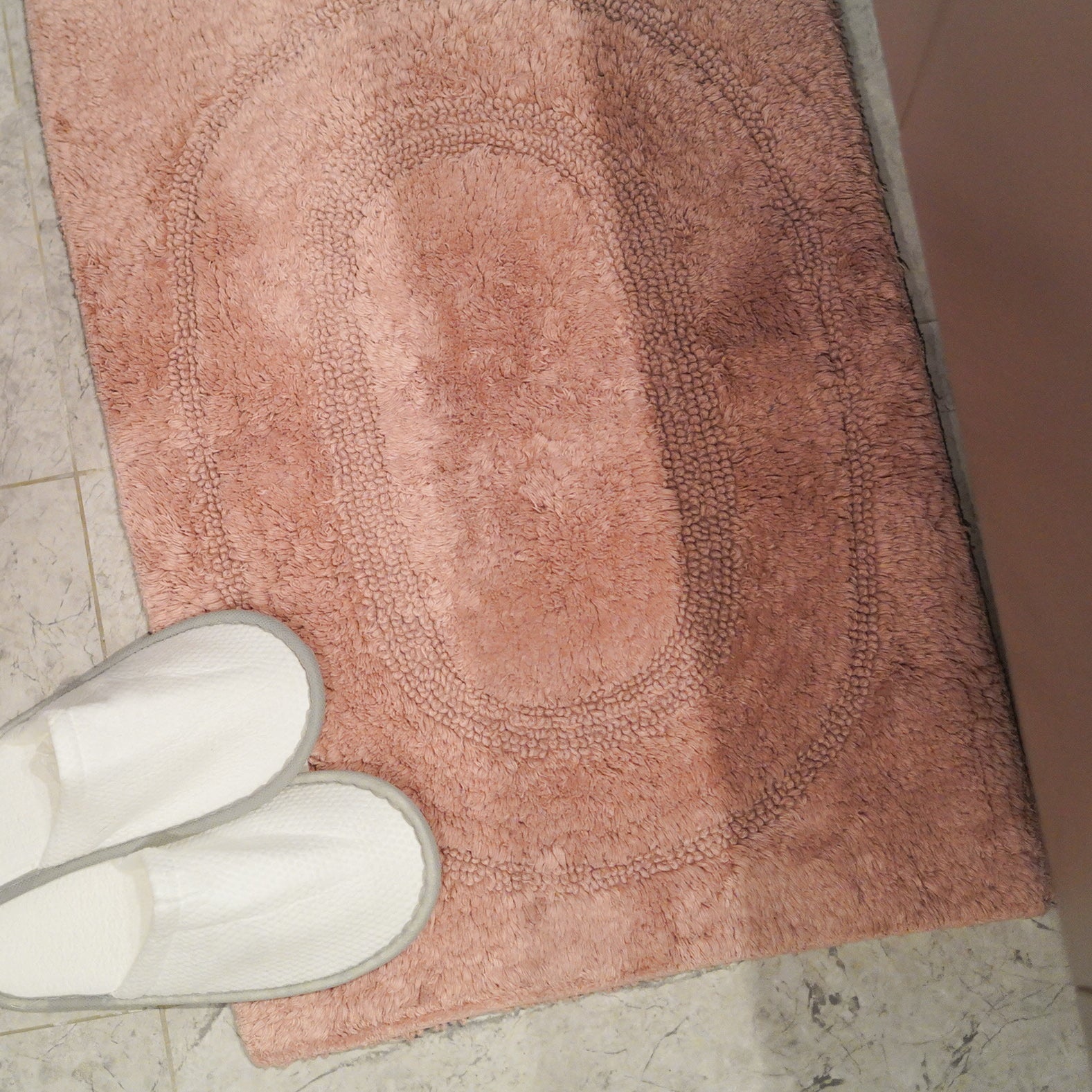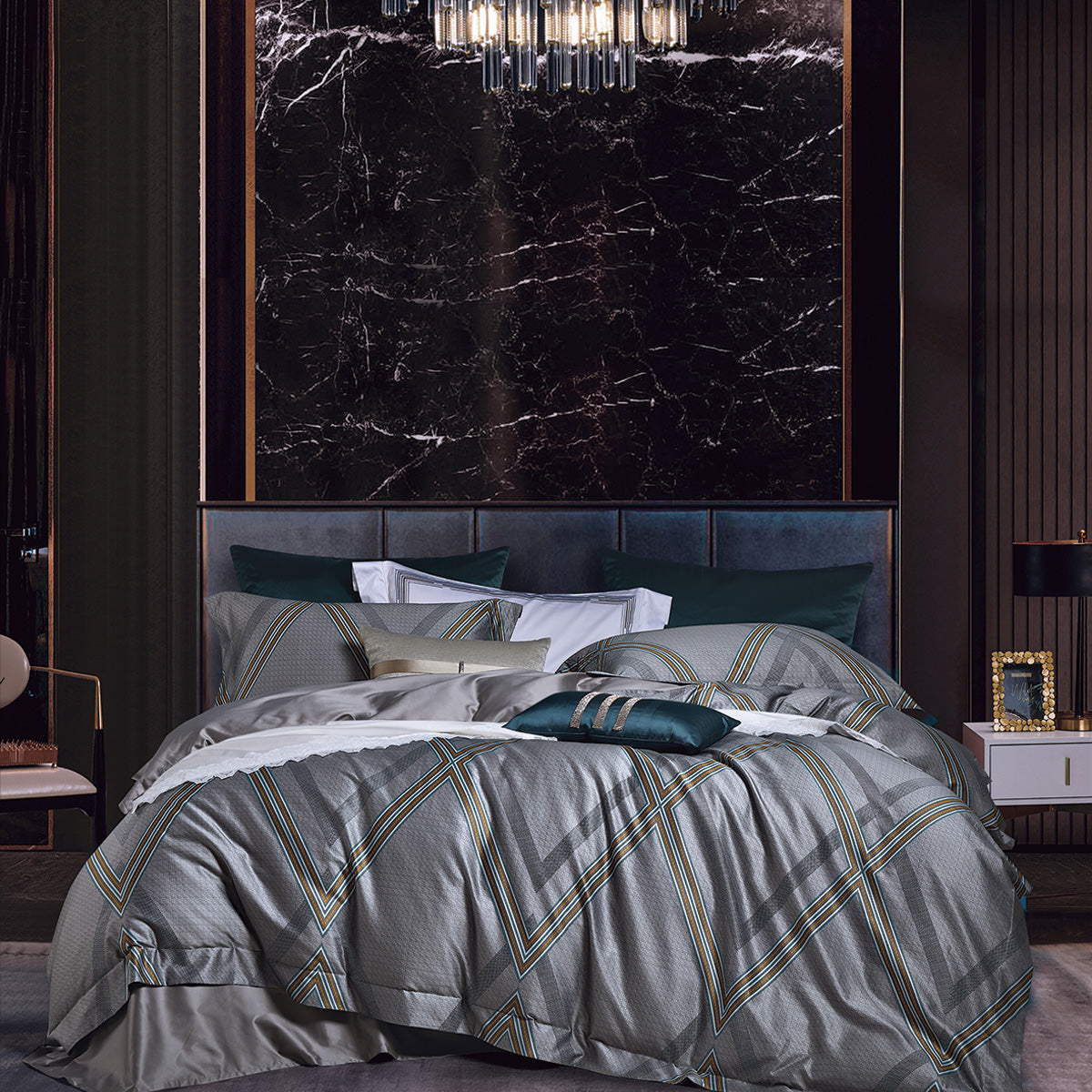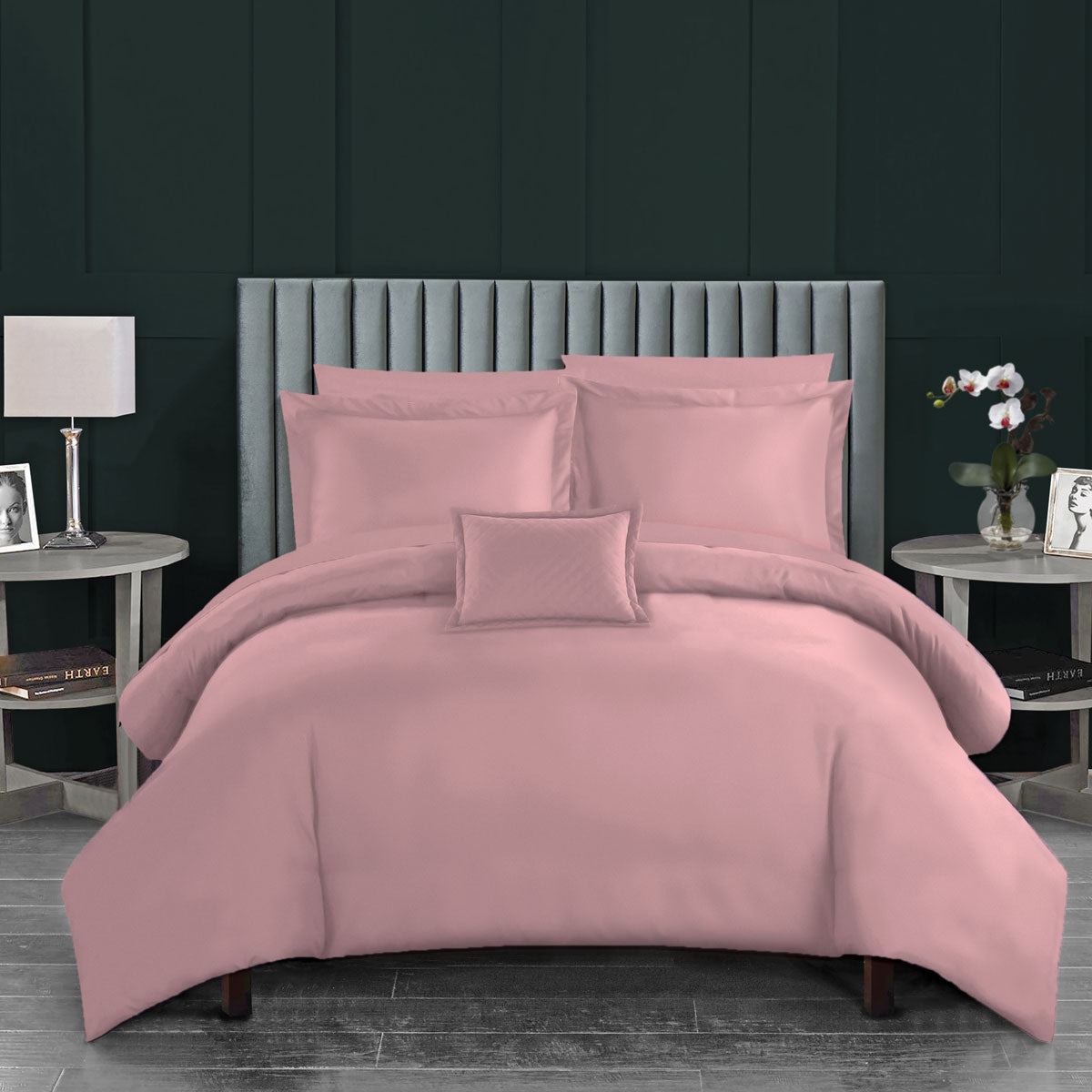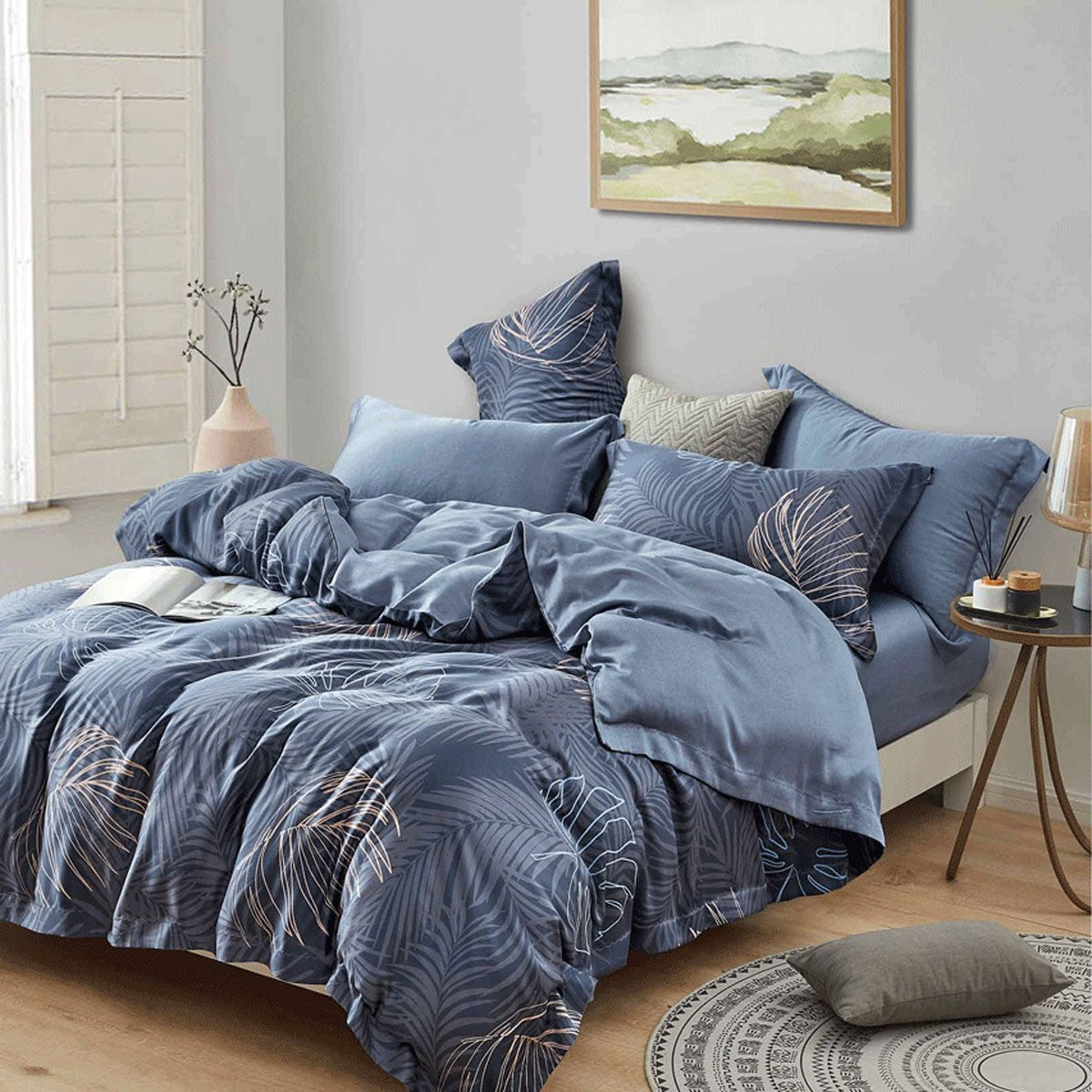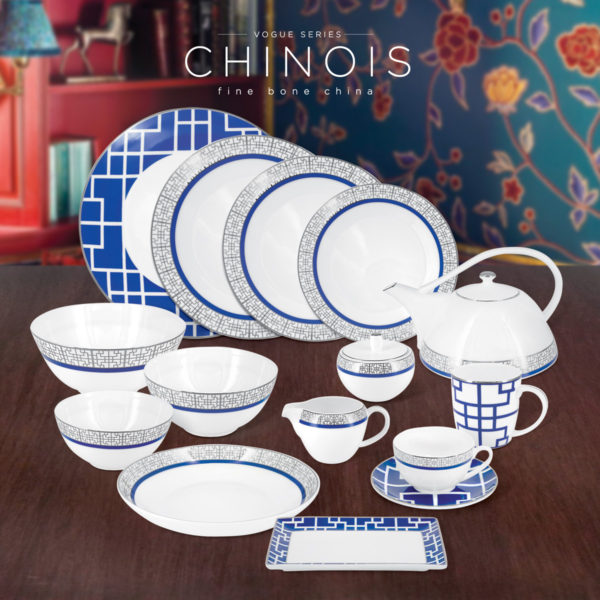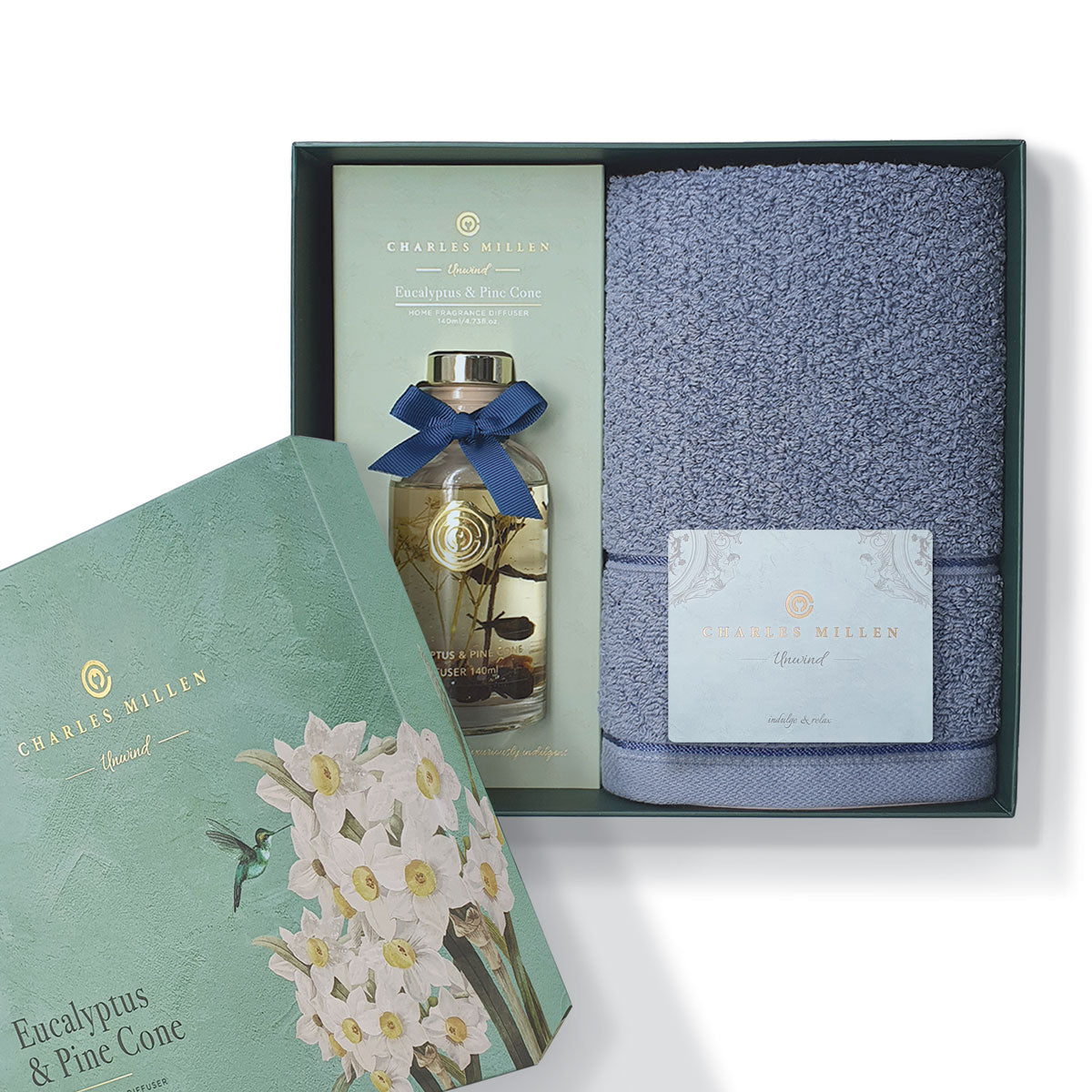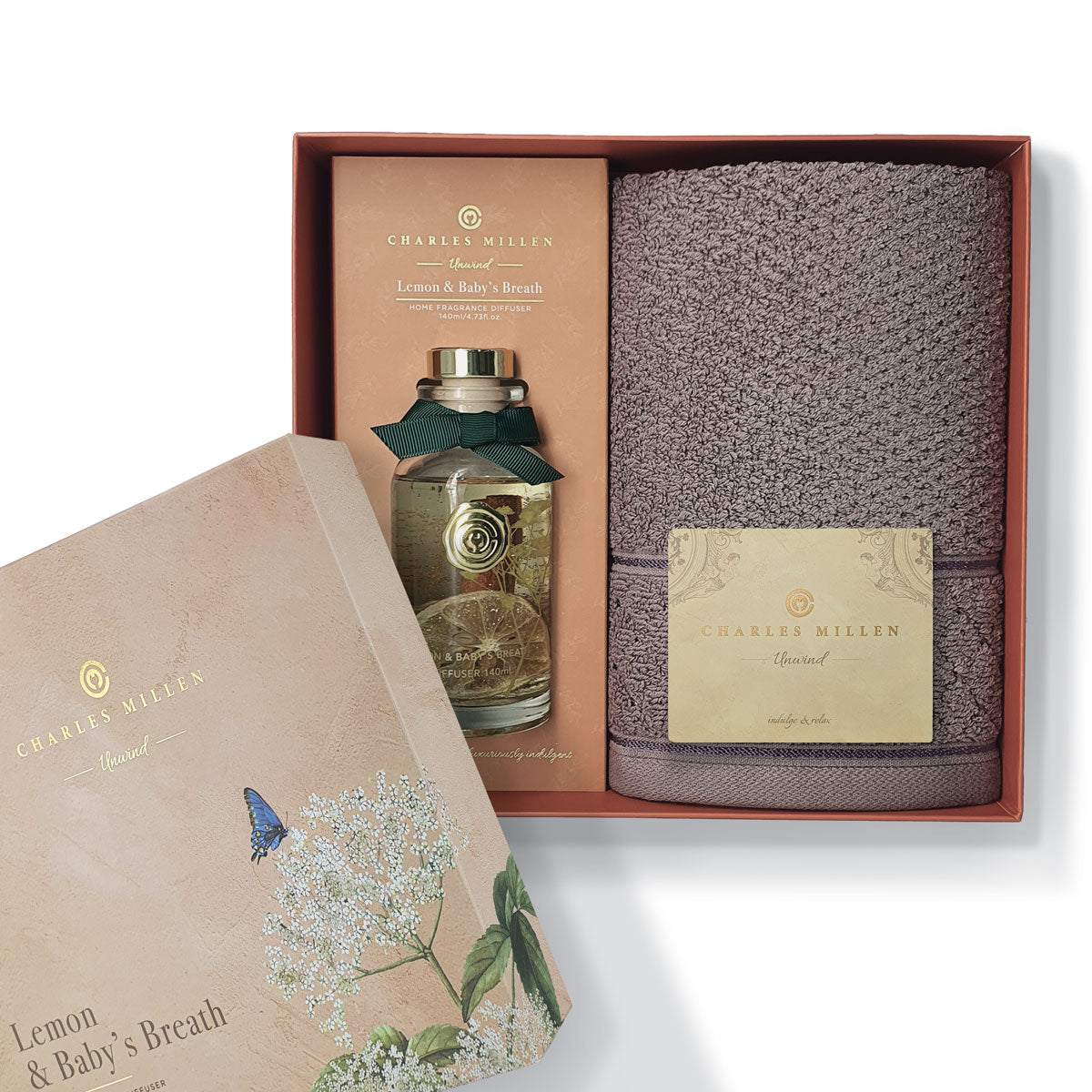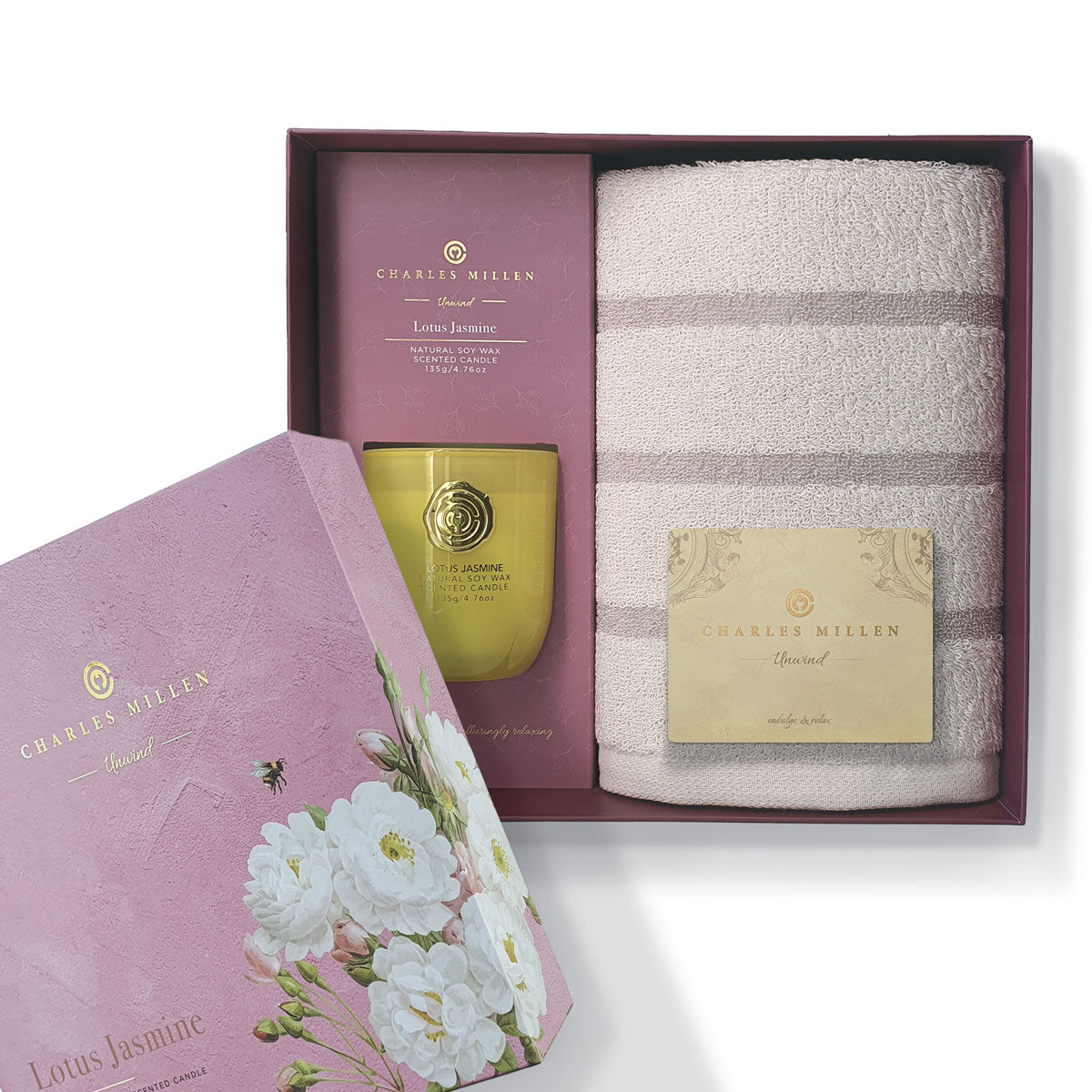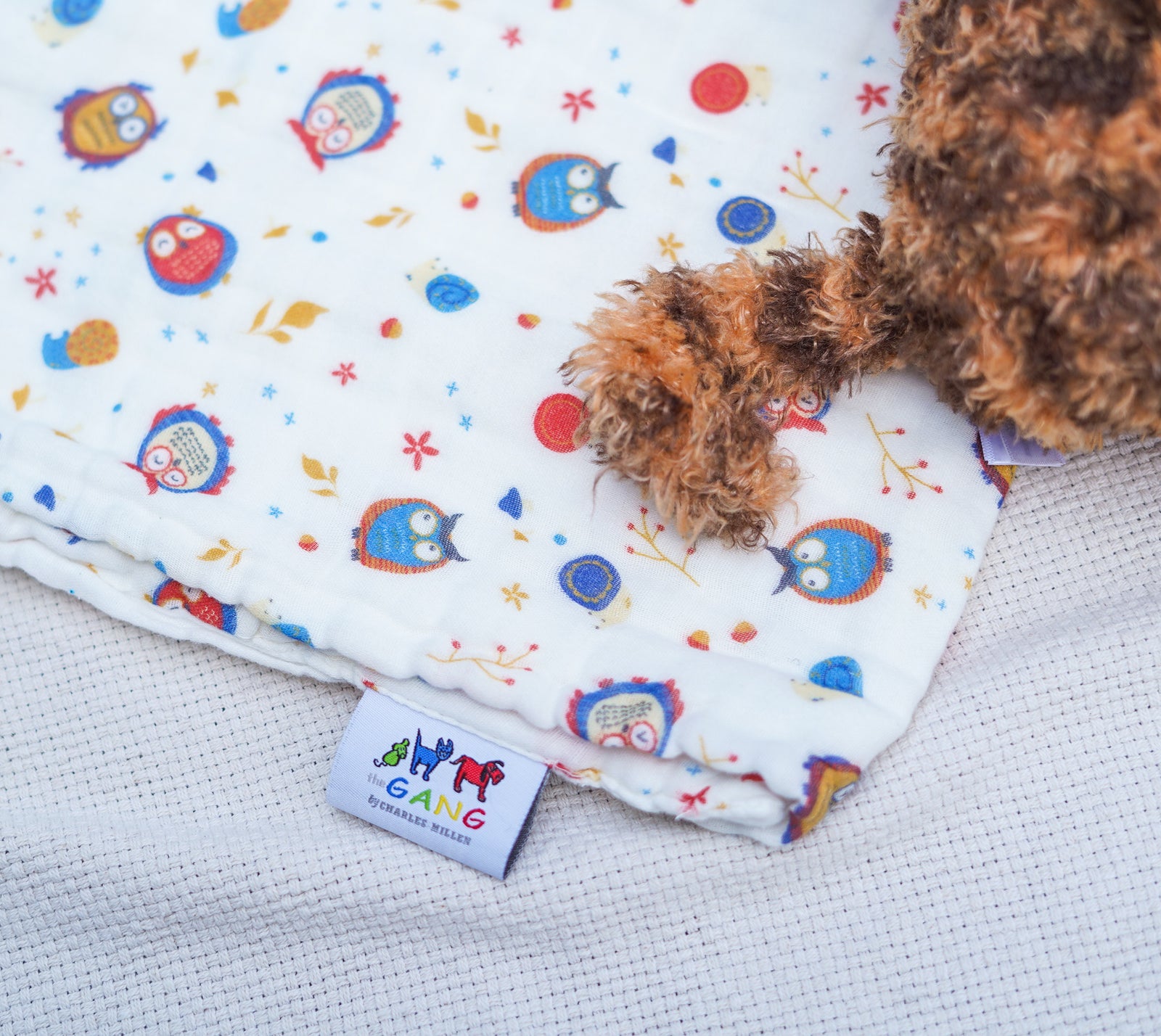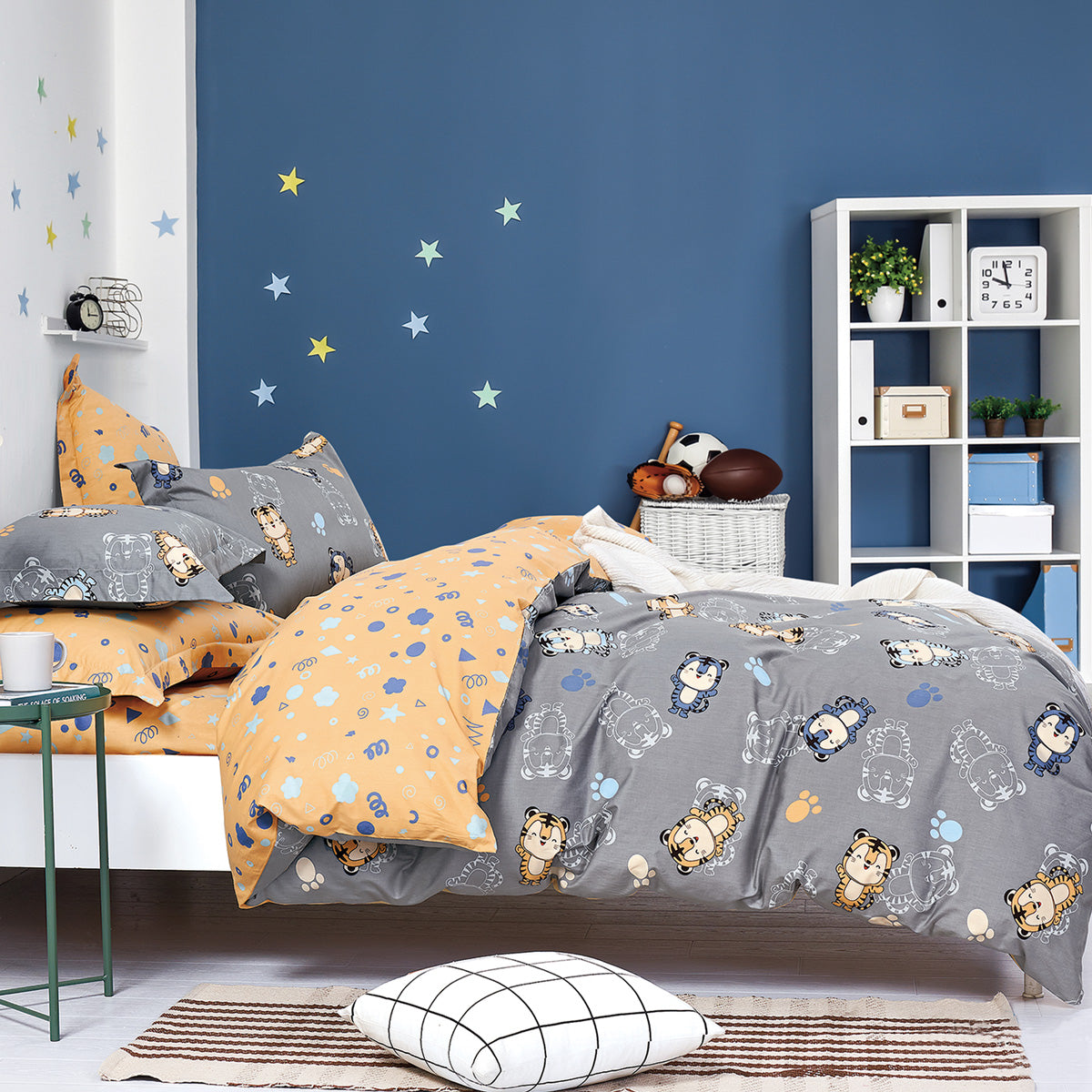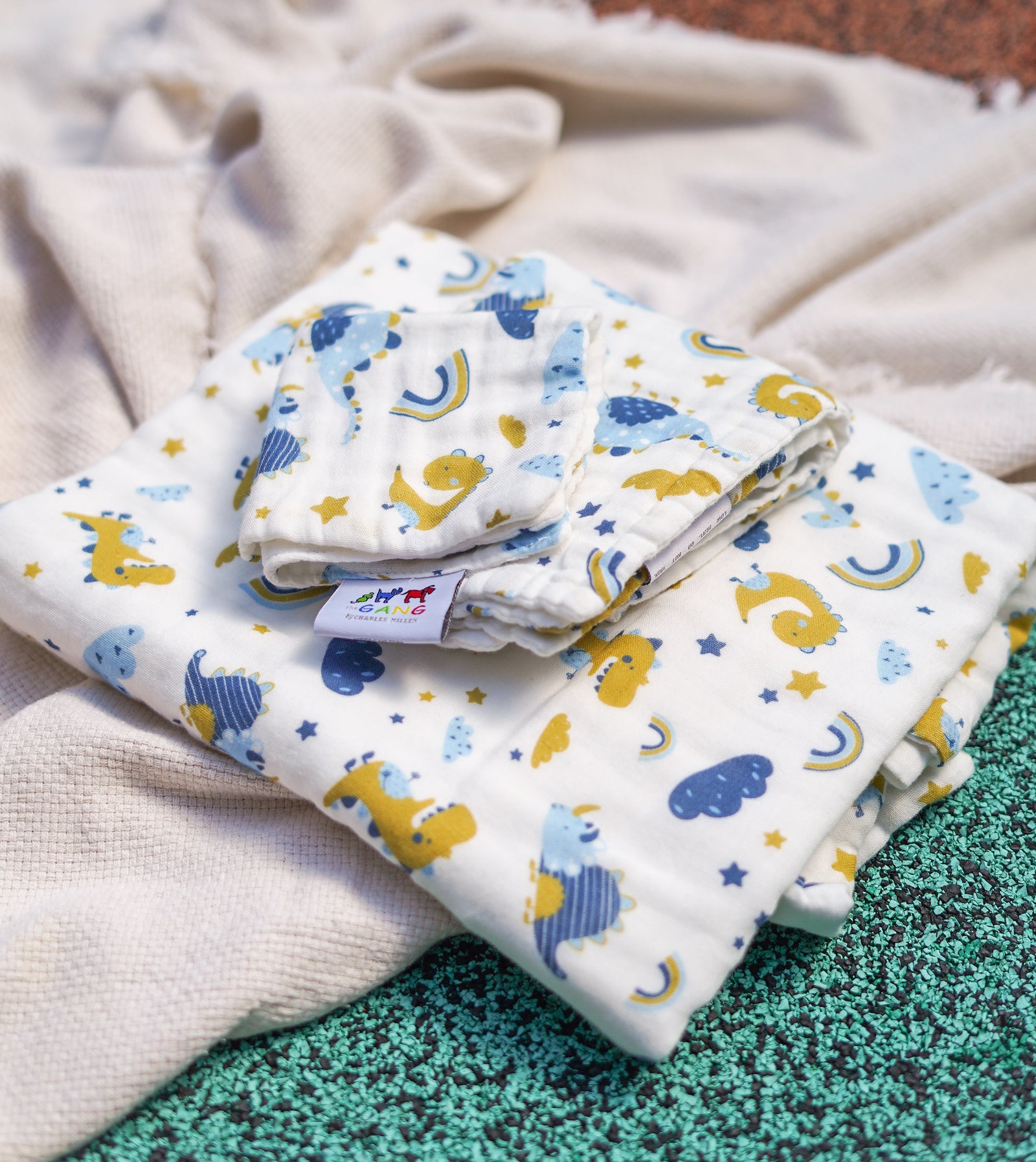Free Delivery in Singapore on orders over $150
Free Delivery in Singapore on orders over $150
Bath
Bed
Dining
Living
Kids
Comforter vs. Blanket: Choosing the Right Bedding for You
December 07, 2024 7 min read
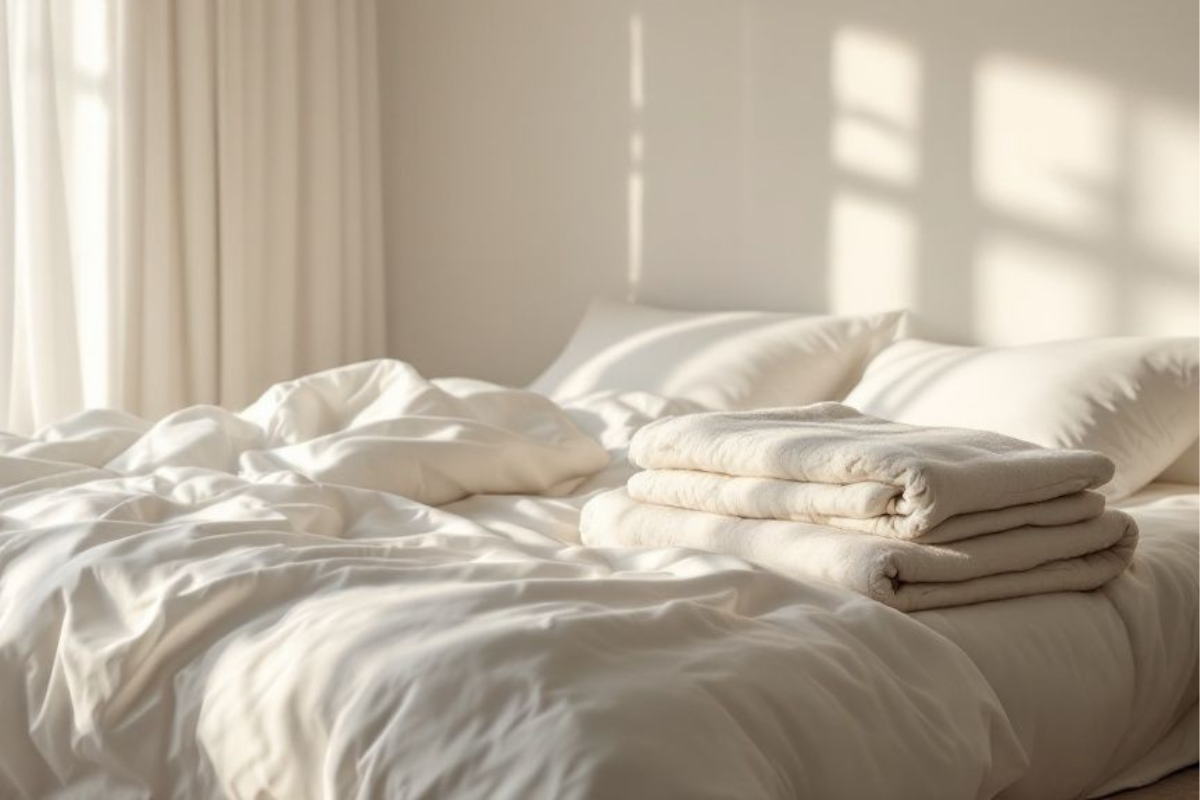
Entering the realm of bedding can be quite overwhelming. With numerous options and its unique terminology, getting caught up in the particulars is easy. One commonly asked question is, “What exactly is the difference between a comforter and a blanket?” Understanding these two essential bedding items is crucial for a comfortable and stylish bedroom. This seemingly straightforward decision can significantly influence both your sleep quality and your room's overall appearance.
For instance, imagine a freezing winter night. A thin sheet won't cut it. You'd naturally reach for a comforter and its insulating fill. However, that same comforter would be unbearable on a warm summer evening. A lightweight blanket would offer just the right comfort. This illustrates how your bedding choices depend on your individual needs and preferences. Budget, care requirements, and desired aesthetic also influence this decision.
The right bedding isn't just about comfort; it’s about creating a cohesive design. A comforter can be the room's centrepiece, adding colour and pattern. Conversely, a blanket with its simpler style, offers versatile design options and can easily complement existing décor. This leads us to a closer look at the specific features of each, starting with the comforter.

What is a Comforter?
A comforter is a thick, quilted bedding piece designed for warmth and coziness. Unlike a single-layered blanket, a comforter comprises two outer fabric layers sewn together and filled with insulating material. This construction creates a fluffy, cloud-like feel, perfect for cold nights. This construction is a key differentiator between a comforter and a blanket.
Comforter Fillings: An Array of Choices
Comforters offer a range of fill options that impact warmth, weight, feel, and cost.
-
Down: A natural insulator from duck or goose feathers, down provides exceptional warmth and lightness. It can be pricier and requires special care.
-
Down Alternative: This synthetic fill mimics down's warmth at a more affordable price and is hypoallergenic.
-
Wool: This natural fiber regulates temperature, keeping you warm in winter and cool in summer. It's naturally resistant to dust mites and mold.
-
Cotton: A natural, breathable fiber, cotton filling is lightweight and suitable for warmer climates or those who prefer less insulation.
-
Polyester: An affordable and easy-care synthetic fill, polyester offers decent warmth, though it may not be as breathable as natural options.
Comforter Construction: Why Quilting Matters
Quilting is vital to a comforter's performance. The stitching keeps the filling evenly distributed, preventing clumping. It also adds structure and visual appeal. Different quilting patterns, like baffle box or channel quilting, affect the comforter’s loft and heat retention. This meticulous construction also highlights the differences between a comforter and a blanket.
What is a Blanket?
Now that we've explored comforters, let's turn to blankets. Unlike a comforter’s multi-layered, filled design, a blanket is typically a single layer of fabric. This core difference significantly impacts its use, care, and feel, a key point in the comforter vs. blanket discussion. Picture a simple throw draped over a sofa. This ease of use makes blankets popular for adding warmth on a cool evening or serving as the primary bed covering in warmer weather. This adaptability is a defining characteristic.
Types of Blankets: A Variety of Textures and Warmth
Like comforter fills, blankets come in various materials, each with unique qualities. This variety allows you to find the perfect blanket for your needs, further differentiating the experience from a comforter.
-
Wool: Known for warmth and moisture-wicking properties, wool blankets are perfect for cold nights. A chunky knit wool blanket adds rustic charm while providing excellent insulation.
-
Cotton: Breathable and lightweight, cotton blankets are ideal for warmer weather or layering. They're easy to care for and come in various weaves and patterns.
-
Fleece: Soft and plush, this synthetic material offers exceptional warmth and coziness. Fleece blankets are lightweight and easy to wash.
-
Cashmere: Luxuriously soft and lightweight, cashmere offers premium comfort and warmth. It's an indulgent choice for those seeking the ultimate cozy experience.
-
Electric: These blankets use heating elements for adjustable warmth, making them unique compared to traditional blankets, and especially different from comforters.
Choosing the Right Blanket: Factors to Consider
Several factors play a role in blanket selection. Understanding your needs is essential. If you live in a warm climate, a lightweight cotton or linen blanket might suffice. If you're always cold, a heavier wool or fleece blanket might be better. Allergies, desired aesthetics, and ease of care should also be considered when comparing blankets to comforters. Careful thought ensures you choose a blanket that offers comfort and suits your lifestyle.

Key Differences
Having looked at comforters and blankets individually, let's now compare these bedding staples. Understanding their differences is crucial for choosing the best fit for your sleep and style. This means the comforter vs. blanket debate boils down to personal comfort, climate, and aesthetic preference.
Warmth and Insulation: A Core Distinction
One of the most significant differences lies in warmth and insulation. Comforters, with their filled construction, offer substantial warmth, ideal for colder climates or those who chill easily. A comforter provides far more insulation than a single wool blanket, making it more suitable for colder environments. The comforter's filling traps heat, creating a cozy cocoon. The quilting prevents shifting, ensuring consistent warmth. This is a critical factor in the comparison.
Blankets, being typically a single layer, offer less insulation, making them better for warmer environments or layering. They provide a lighter, more breathable option for those who prefer less warmth.
Care and Maintenance: Ease vs. Effort
Care and maintenance is another key difference. Although both comforters and blankets are machine washable, it is easier to care for blankets because they are less bulky than comforters. This ease of care is a significant advantage, especially for people with allergies. The ability to frequently wash a blanket makes it a more hygienic choice.
Style and Aesthetics: Personal Choice
Finally, style and aesthetics contribute to the decision. Comforters can be a bedroom's statement piece, introducing colour and pattern, adding personality to a minimalist bedroom.
Blankets on the other hand offer a more understated, adaptable look. They complement existing decor and work in various settings, from bedroom to living room. A chunky knit throw adds texture and warmth to a sofa, while a light cotton blanket provides a simple, classic touch to a bed. This adaptability is a key consideration. Ultimately, the choice hinges on personal preference.
When to Choose a Comforter
A comforter offers a unique combination of warmth, comfort, and style. However, understanding when a comforter is the better option compared to a blanket is essential for the ideal sleep environment. Recognising specific scenarios where a comforter truly excels will guide your bedding decisions.
Cold Climates and Winter Nights
Comforters are the go-to choice in colder environments or during winter. Their filled construction effectively traps heat. On a frigid night, a plush down comforter offers significantly more warmth than a single-layered blanket. This insulation makes comforters indispensable for winter comfort.
A Desire for Luxurious Comfort
Beyond warmth, comforters offer a plush, cloud-like feel that blankets often can't match. This loft and softness create a luxurious and inviting feel, perfect for those seeking ultimate comfort. For those who love snuggling into a cozy bed, a comforter is the clear winner. The weight of a comforter can also promote relaxation and deeper sleep.
A Stylish Focal Point
Comforters are key for bedroom aesthetics as they introduce colour, pattern, and texture. Considering warmth, comfort, and style helps you decide when a comforter is the ideal choice.

When to Choose a Blanket
While comforters excel in winter warmth, blankets have their own advantages. Understanding these strengths is crucial for a comfortable and flexible bedding setup.
Warmer Climates and Summer Nights
Blankets are breathable and lightweight, making them perfect for warm climates or summer nights. Unlike comforters, which can trap heat, blankets allow airflow, keeping you cool. A light cotton blanket is a refreshing alternative to a heavy comforter on a humid evening. This breathability is key for warmer weather.
Layering for Customised Comfort
Blankets are excellent for layering, allowing you to customise your comfort throughout the year. You can adjust your bedding by adding or removing blankets. A lightweight fleece blanket pairs well with a quilt in spring, while a heavier wool blanket adds extra warmth in winter. This adaptability allows you to create the perfect sleep environment year-round.
Easy Care and Convenience
Blankets offer easy care. On top of being machine washable, they are a lot more compact in size. A simple wash cycle is all it takes to refresh a cotton blanket. This ease of care and low space requirement is especially helpful for busy individuals and those with allergies.
Beyond the Bed
Blankets are portable and versatile. They're perfect for every part of the house, like when you want to cozy up on the couch. Blankets provide warmth beyond the bedroom.
A Budget-Friendly Choice
Blankets are often more budget-friendly than comforters. Their simpler design and readily available materials often result in lower costs. This makes them a practical choice for those seeking comfort without a large investment. This affordability is a compelling factor, especially when furnishing a new home or seeking cost-effective solutions. Considering climate, layering, care, versatility, and budget helps you create the perfect sleep environment.
Conclusion
Choosing between a comforter and a blanket isn't an either/or scenario. Both offer unique benefits for different needs and preferences. The “best” choice is entirely personal. A plush comforter offers unmatched warmth and luxury, ideal for cold climates and cozy sleepers. However, it might be too heavy for warmer climates or those who prefer lighter covering.
Finding the Perfect Bedding: Key Considerations
Choosing involves considering several factors. If warmth and luxury are paramount, a comforter might be best. If easy care, breathability, and versatility are more important, a blanket might be more suitable. Also consider your budget and bedroom aesthetic. Careful evaluation ensures you choose the right bedding for your ideal sleep sanctuary.
Elevate Your Sleep with Charles Millen
Whatever your preference, investing in quality bedding is crucial for good sleep. Charles Millen offers a luxurious collection of comforters and blankets. From plush comforters for chilly nights to lightweight, breathable blankets for warmer climates, Charles Millen offers options for every need and preference. You can also find kids comforters and kids blankets with cute designs. Visit Charles Millen today to discover the perfect bedding to create your haven of comfort and style.
Also in Blog
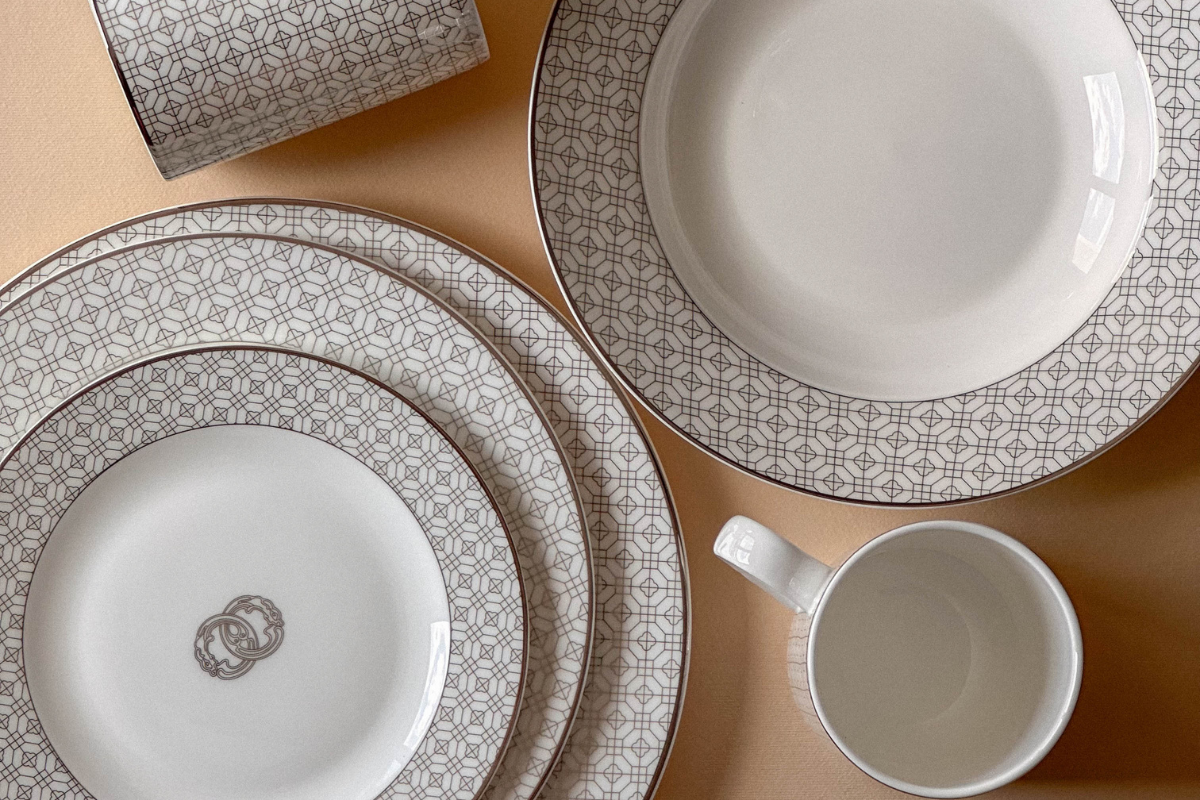
Bone China vs. Porcelain: Unveiling the Differences and Choosing the Right Dinnerware
December 23, 2024 7 min read
Read More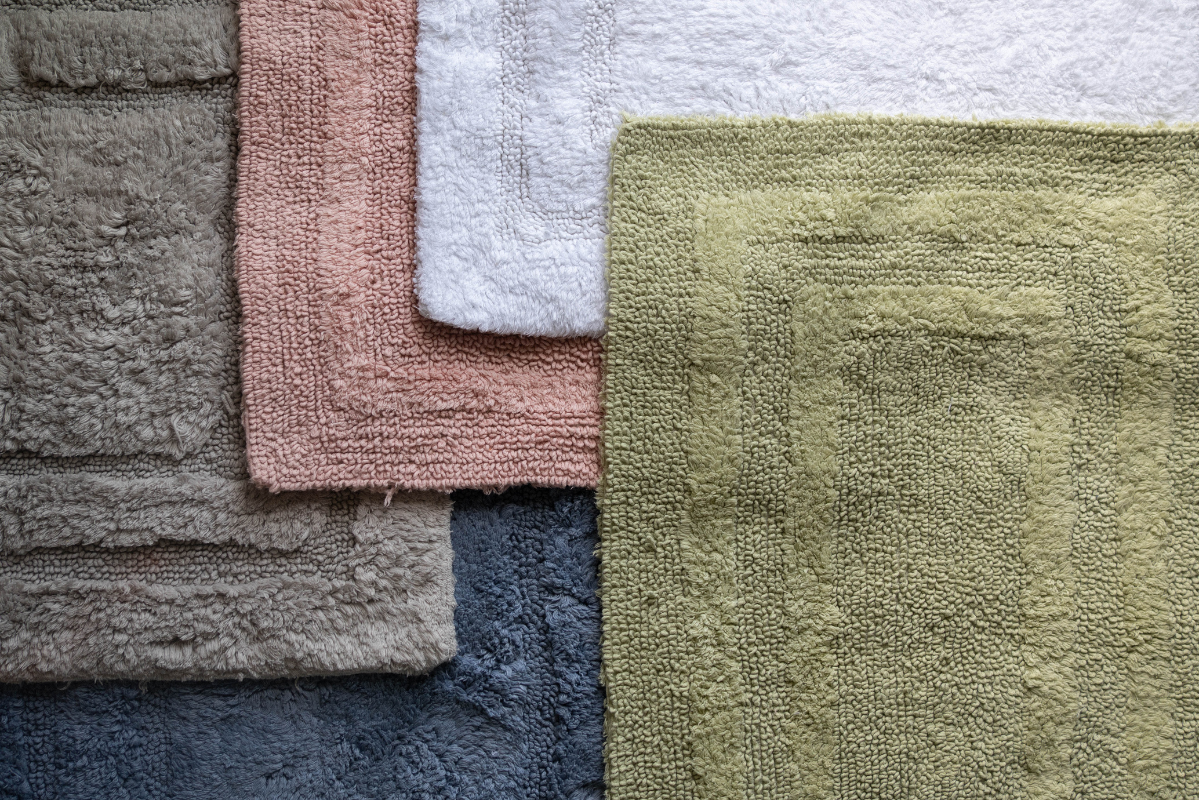
Cotton vs Microfibres Mat: A Complete Guide to the Best Mats for Your Home
December 21, 2024 7 min read
Read More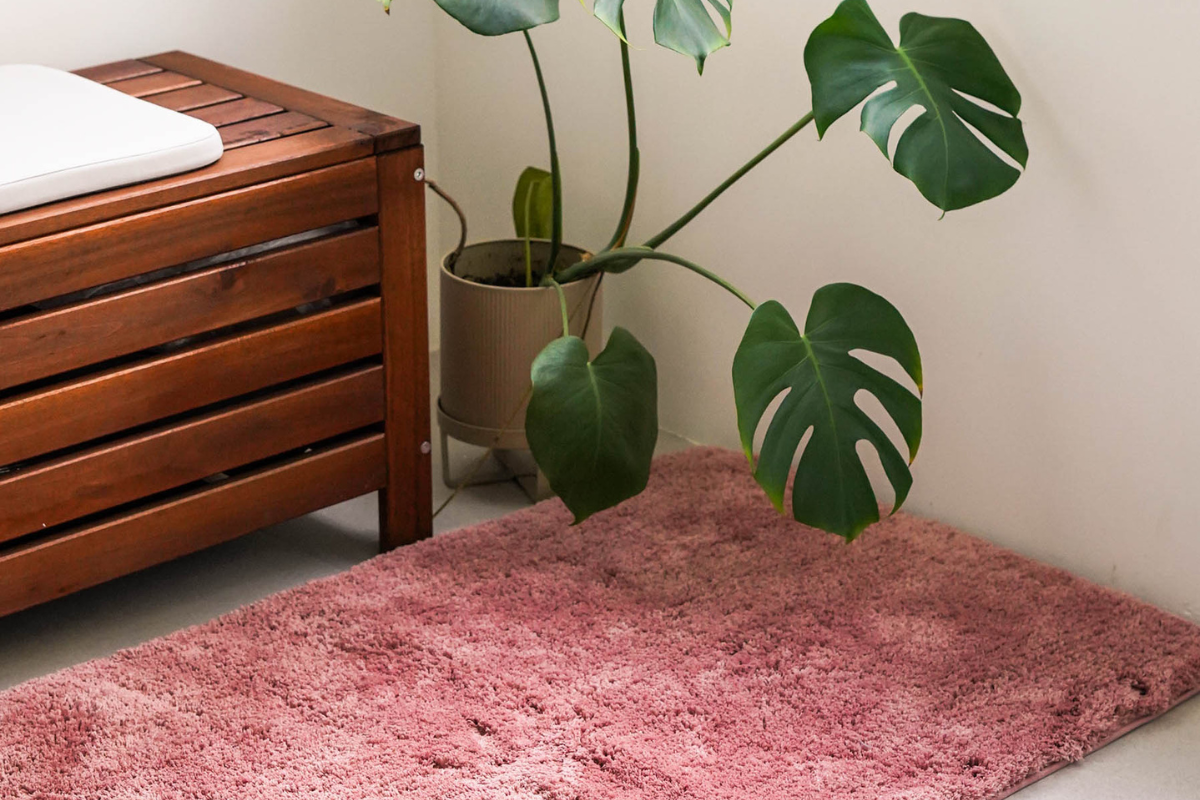
The Ultimate Guide to Choosing and Styling Rugs: Transform Your Space with Timeless Design
December 19, 2024 7 min read
Read More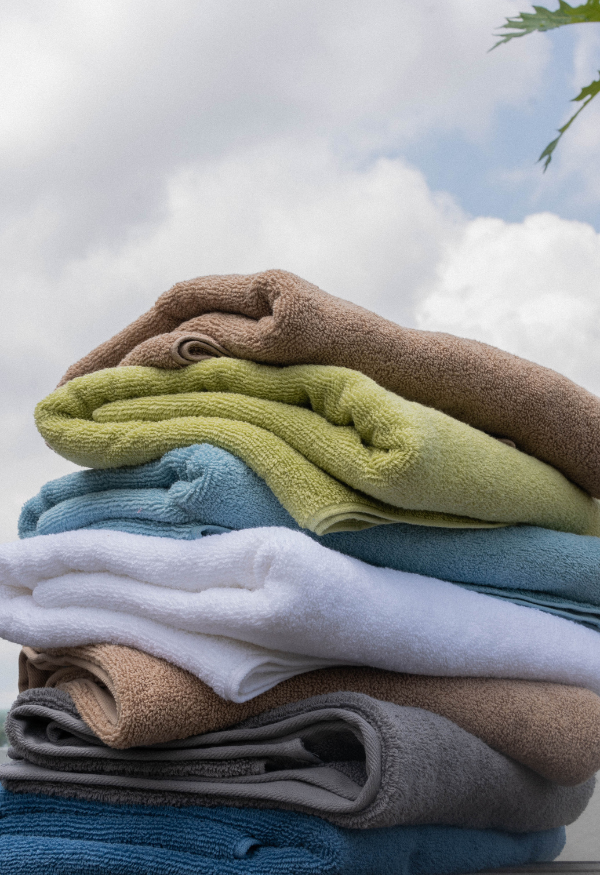
Enjoy $10 off your first order today!
Plus, be the first to hear about our newest products and exclusive deals.
*with a min. spend of $100

